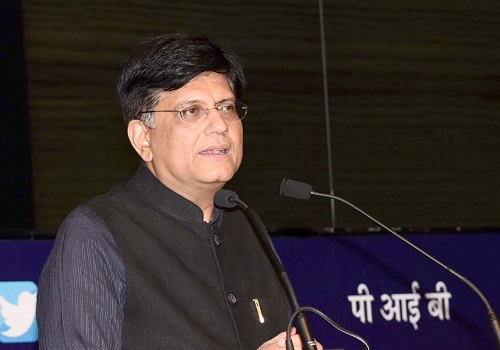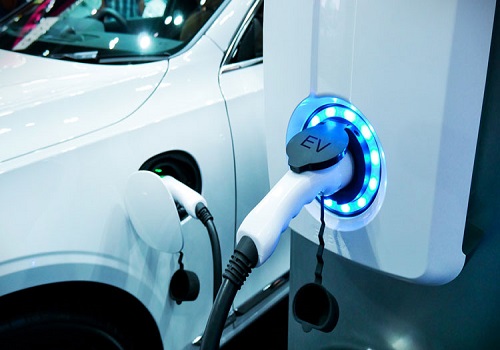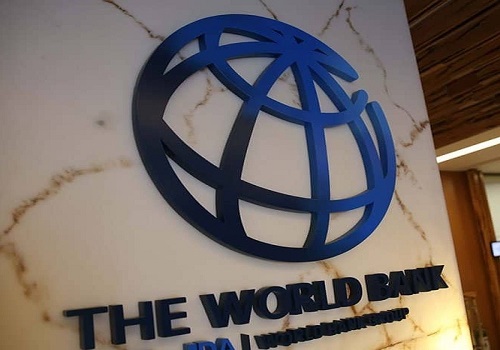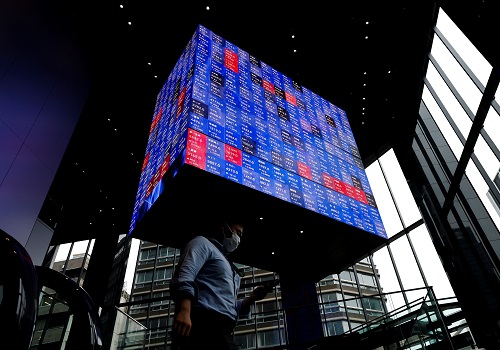US releases $6bn of Iran's oil revenues ahead of UN meet
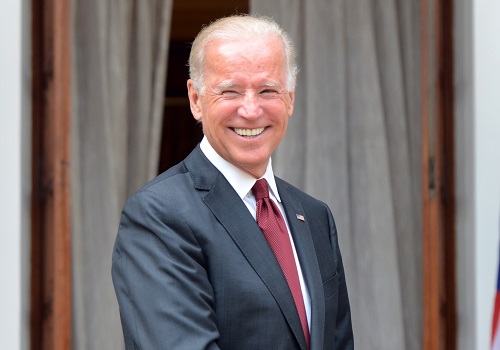
Follow us Now on Telegram ! Get daily 10 - 12 important updates on Business, Finance and Investment. Join our Telegram Channel
US President Joe Biden has ordered the unfreezing of Iran's $6 billion of oil revenue in an effort to thaw the icy relations between the two countries over the nuclear issue even as a prisoner swap was negotiated successfully, some of them were on a plane back to US.
The President's deal comes ahead of a UN meeting here where Biden and Iran's hardliner president will both speak, unfolding as it does, against a backdrop of nuclear tensions between the two countries.
Five Americans imprisoned in Iran were on a plane Monday along with two family members after being released in a prisoner exchange the Biden administration negotiated with Tehran, media reports said.
As part of the deal, $6 billion in frozen Iranian oil revenues was released by the Biden administration and five Iranians charged or convicted of non-violent crimes were freed by the US, according to US officials.
The exchange is in no way tied to the stalled nuclear talks between the US and Iran, but does come as a move to defuse the increasing tensions that periodically threaten a military confrontation.
Coming ahead of the UN General Assembly this week, President Joe Biden and Iranian hardliner President Ebrahim Raisi will both speak out their views and intentions.
Political observers feel that the prisoner swap between US and Iran could heighten tensions in the US presidential race, USA Today said.
Republicans especially presidential hopefuls such as Trump, Nikki Haley, Vivek Ramaswamy and others have attacked the Biden administration's decision on the prisoner exchange, dubbing it as a "Ransom Pay-out" to a country that sponsors terrorism.
The exchange set free five Americans accused of being spies or working on behalf of the US government in Iran.
The UN described their detentions as "arbitrary".
The White House rejected allegations that they were spies as false.
A senior Biden administration official confirmed that two family members were also on the plane leaving Iran for Qatar and then on to the US.
Three of the five Americans, all dual US-Iran citizens, are Siamak Namazi, Emad Sharghi and Morad Tahbaz. The identities of the two other Americans have not been disclosed.
A senior Biden administration official said those two Americans wish to keep their identities private.
Also on the plane are Namazi's mother and Tahbaz's wife, both of whom were previously unable to leave Iran.
Businessman Namazi, 51, was arrested in 2015 while visiting his family in Tehran.
Sharghi, 59, was detained in 2018 a year after moving to Iran from the US to work for a tech investment company.
Environmentalist Tahbaz, 67, who also holds a British passport, was arrested in 2018 while working on a conservation project in Iran, USA Today reported.
Two of the five Iranians freed now had been convicted of non-violent crimes while three others were awaiting trial and had not been convicted, two senior Biden administration officials said.
The five Americans were moved from prison to house arrest in an Iranian hotel in an interim step towards their release last month.
US President Biden negotiated the tough deal after months of indirect negotiations between US and Iranian officials.
The deal led to the US also releasing $6 billion in frozen Iranian oil revenues, transferred from banks in South Korea to Qatar, an energy-rich nation on the Arabian Peninsula that is an ally of both nations.
The US and Iran don't enjoy any formal diplomatic relations. The funds released come with a rider that they be used for humanitarian purposes only, media reports said.
The Biden administration official stated the US government will be ordering new sanctions against Iran's ministry of intelligence and its former president, Mahmoud Ahmadinejad, under the Robert Levinson Hostage Recovery and Hostage-Taking Accountability Act.
The act is meant to stall wrongful detentions. The measure became a law in late 2020.
Levinson, a former FBI agent, disappeared during a visit to an Iranian island in 2007, media reports said.
The US has been freezing Iran's assets even as it kept increasing the economic sanctions ever since President Donald Trump pulled out of the 2015 nuclear deal between Iran and world powers in 2018.
That deal aimed to curb Iran's nuclear activities as the western nations suspected ambitions of Iran to become a nuclear power , which Iran has constantly denied.
"If Iran tries to divert the funds or use them for anything other than a limited humanitarian purpose authorized, the Biden administration "will take action to lock up the funds," the official said.
A US official who wished to remain anonymous rebutted Republican criticism that the releasing of Iran's oil revenues was a ransom payout to a rogue nation saying the monies donít come from US taxpayers.
Oversight of how the money is used will be provided by the US Treasury, Qatar and aid organisations.
However, Iran's foreign ministry and state media have also appeared to claim that the unfrozen funds in Qatar would be under Tehran's direct and unrestricted control.
"Humanitarian means whatever the Iranian people need. So, this money will be budgeted for those needs, and the needs of the Iranian people will be decided and determined by the Iranian government," Iran's President Ebrahim Raisi said in a recent interview with NBC News.












 320-x-100_uti_gold.jpg" alt="Advertisement">
320-x-100_uti_gold.jpg" alt="Advertisement">



